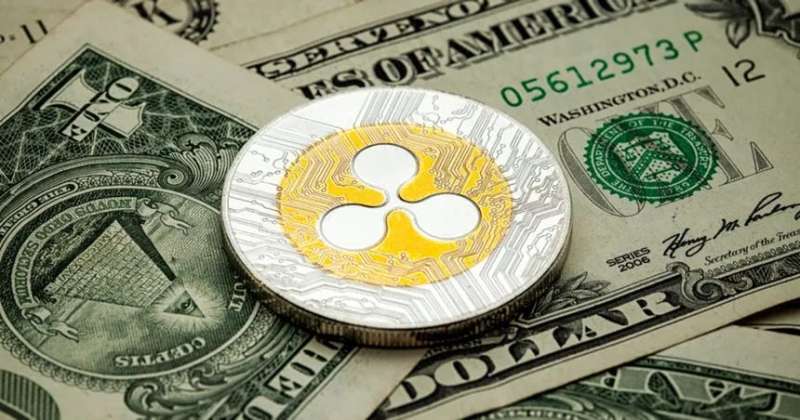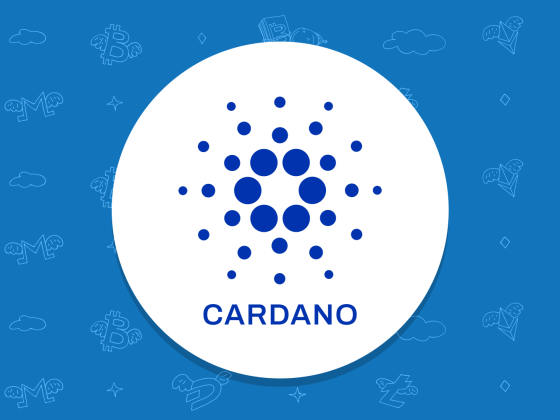Introduction to XRP (Ripple): In the realm of cryptocurrencies, XRP, commonly known as Ripple, has carved out a significant niche for itself as a digital asset and payment protocol. Founded by Chris Larsen and Jed McCaleb in 2012, Ripple aims to revolutionize the traditional financial system by enabling fast, low-cost cross-border payments using blockchain technology. In this comprehensive guide, we’ll delve into everything you need to know about XRP (Ripple), including its history, distinguishing features, advantages, price history, and the ongoing legal challenges it faces.
- The Genesis of XRP (Ripple): XRP was created by Chris Larsen and Jed McCaleb, who sought to address the inefficiencies and high costs associated with traditional cross-border payments. In 2012, they launched OpenCoin, which later rebranded to Ripple Labs, to develop a blockchain-based payment protocol and digital asset. XRP was designed to facilitate fast, low-cost transactions, making it an ideal solution for banks, financial institutions, and remittance providers looking to streamline their payment processes.
- How XRP Works: At its core, XRP is both a digital currency and a payment protocol that facilitates fast and cost-effective cross-border transactions. Unlike Bitcoin and many other cryptocurrencies, XRP does not rely on proof-of-work mining. Instead, XRP transactions are validated and confirmed by a network of trusted validators, making it faster and more energy-efficient than traditional blockchain networks.
- Key Features of XRP (Ripple): XRP offers several key features that set it apart from other cryptocurrencies and traditional payment systems, including:
- Fast Transactions: XRP transactions settle in a matter of seconds, enabling near-instantaneous cross-border payments compared to traditional bank transfers, which can take days to process.
- Low Transaction Fees: XRP transactions incur minimal fees, making it cost-effective for individuals and businesses to send and receive payments globally.
- Scalability: Ripple’s consensus protocol, known as the XRP Ledger, is highly scalable, capable of processing thousands of transactions per second, making it suitable for large-scale payment processing.
- Liquidity: XRP serves as a bridge currency in Ripple’s payment network, providing liquidity and facilitating seamless exchange between different fiat currencies and digital assets.
- Advantages of XRP (Ripple): XRP offers several advantages over traditional payment systems and other cryptocurrencies, including:
- Cost-Effectiveness: XRP transactions are significantly cheaper than traditional bank transfers, making it an attractive option for individuals and businesses seeking to reduce transaction costs.
- Speed: XRP transactions settle in seconds, offering near-instantaneous cross-border payments compared to the days-long settlement times of traditional banking systems.
- Accessibility: XRP can be easily exchanged for fiat currencies and other digital assets, providing users with greater flexibility and liquidity in the global financial markets.
- Security: XRP’s blockchain technology ensures the security and integrity of transactions, protecting users’ funds from fraud and unauthorized access.
- XRP Price History: Since its inception, XRP has experienced significant price fluctuations, reflecting its growing adoption and market demand. Here’s a brief overview of XRP’s price levels from its launch to the present day:
- August 2012: XRP is launched with an initial price of around $0.005 per XRP token.
- December 2017: XRP experiences a price surge, reaching an all-time high of over $3.80 per XRP token amid the peak of the cryptocurrency bull market.
- January 2018: XRP’s price retraces from its all-time high, consolidating around the $2 mark as market volatility ensues.
- Present Day: As of March 12th, 2024, XRP’s price hovers around ¢0.68 per XRP token, reflecting its position as one of the top cryptocurrencies by market capitalization.
- The Ongoing Legal Case Involving XRP: In December 2020, the U.S. Securities and Exchange Commission (SEC) filed a lawsuit against Ripple Labs, Chris Larsen, and Brad Garlinghouse, alleging that XRP was sold as an unregistered security. The lawsuit sparked uncertainty and volatility in the XRP market, leading to delistings from several cryptocurrency exchanges and a decline in XRP’s price. Ripple Labs has denied the SEC’s allegations and vowed to fight the lawsuit in court.
XRP (Ripple) has emerged as a leading digital asset and payment protocol, offering fast, low-cost cross-border transactions and revolutionizing the traditional financial system. Founded by Chris Larsen and Jed McCaleb in 2012, XRP has garnered widespread adoption and recognition within the cryptocurrency community. With its innovative features, including fast transactions, low fees, and scalability, XRP is poised to play a significant role in shaping the future of global payments and financial infrastructure. Despite facing legal challenges, XRP continues to be a prominent player in the cryptocurrency market, with a bright future ahead.






